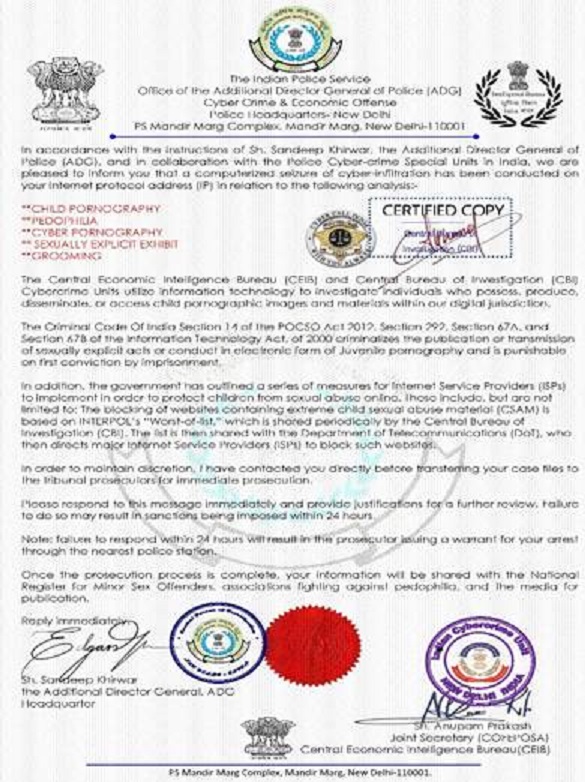Explore the comprehensive provisions of the Code of Wages Act, 2019, replacing four labor laws, ensuring fair remuneration, and strict penalties for non-compliance.
Code of Wages Act 2019
Code replaces the following four laws:-
(i) the Payment of Wages Act (PWA)
(ii) the Minimum Wages Act (MWA)
(iii) the Payment of Bonus Act (PBA) and
(iv) the Equal Remuneration Act (ERA)
Applicability: Apply to employees, both in the organised and the un-organised sector.
Wages:- Wages include salary, allowance, or any other component expressed in monetary terms.
This does not include bonus payable to employees or any travelling allowance, among others.
The basic pay will be 50% or more of total pay as per the new code.
Inclusion: The definition includes basic pay, dearness allowance and retaining allowance.
Specified exclusions: It specifically excludes components such as Statutory bonus, the value of house accommodation and utilities (light, water, medical etc.), Employer contribution to Provident Fund/ Pension, Conveyance Allowance/ Travelling Concession.
The sum paid to cover special work expenses, House Rent Allowance (HRA), Remuneration payable under the settlement, Overtime Allowance, Commission, Gratuity and Retrenchment Compensation.
Supervisory, managerial and administrative work in an establishment are covered within the definition of ‘employee’.
Floor wage:-
CG will fix a floor wage, taking into account living standards of workers. Further, it may set different floor wages for different geographical areas. The minimum wages decided by the central or state governments must be higher than the floor wage.
Fixing the minimum wage:-
The Code prohibits employers from paying wages less than the minimum wages. Minimum wages will be notified by the central or state governments. This will be based on time, or number of pieces produced. The minimum wages will be revised and reviewed by the central or state governments at an interval of not more than five years.
For calculation of minimum wages, the geographical area is to be divided into 3 categories:-
a) Metropolitan,
b) Non-Metropolitan and
c) Rural areas.
For calculation of minimum wages, the occupations of the employees are categorized into 4 categories:-
a) Unskilled,
b) Semi-Skilled
c) Skilled and
d) Highly Skilled
The normal working day is to be 8 hours of work and one or more intervals of rest which in total shall not exceed 1 hour.
Penalty for Non-Compliance:-
The quantum of the penalty provided under the Code varies depending on the nature of the offence. The maximum penalty provided under the Code is imprisonment for 3 months and/ or with a fine of up to Rs. 1,00,000/-.
Code of Wages Act 2019
Code replaces the following four laws:-
(i) the Payment of Wages Act (PWA)
(ii) the Minimum Wages Act (MWA)
(iii) the Payment of Bonus Act (PBA) and
(iv) the Equal Remuneration Act (ERA)
Applicability: Apply to employees, both in the organised and the un-organised sector.
Wages:- Wages include salary, allowance, or any other component expressed in monetary terms.
This does not include bonus payable to employees or any travelling allowance, among others.
The basic pay will be 50% or more of total pay as per the new code.
Inclusion: The definition includes basic pay, dearness allowance and retaining allowance.
Specified exclusions: It specifically excludes components such as Statutory bonus, the value of house accommodation and utilities (light, water, medical etc.), Employer contribution to Provident Fund/ Pension, Conveyance Allowance/ Travelling Concession.
The sum paid to cover special work expenses, House Rent Allowance (HRA), Remuneration payable under the settlement, Overtime Allowance, Commission, Gratuity and Retrenchment Compensation.
Supervisory, managerial and administrative work in an establishment are covered within the definition of ‘employee’.
Floor wage:-
CG will fix a floor wage, taking into account living standards of workers. Further, it may set different floor wages for different geographical areas. The minimum wages decided by the central or state governments must be higher than the floor wage.
Fixing the minimum wage:-
The Code prohibits employers from paying wages less than the minimum wages. Minimum wages will be notified by the central or state governments. This will be based on time, or number of pieces produced. The minimum wages will be revised and reviewed by the central or state governments at an interval of not more than five years.
For calculation of minimum wages, the geographical area is to be divided into 3 categories:-
a) Metropolitan,
b) Non-Metropolitan and
c) Rural areas.
For calculation of minimum wages, the occupations of the employees are categorized into 4 categories:-
a) Unskilled,
b) Semi-Skilled
c) Skilled and
d) Highly Skilled
The normal working day is to be 8 hours of work and one or more intervals of rest which in total shall not exceed 1 hour.
Penalty for Non-Compliance:-
The quantum of the penalty provided under the Code varies depending on the nature of the offence. The maximum penalty provided under the Code is imprisonment for 3 months and/ or with a fine of up to Rs. 1,00,000/-.
*****
Author – CA Gaurav Agrawal, Kishore Gupta & Co, Chartered Accountants in Practice from Central Delhi and can be contacted at gauravag.ca@gmail.com & Mobile Number 9711033545.

























